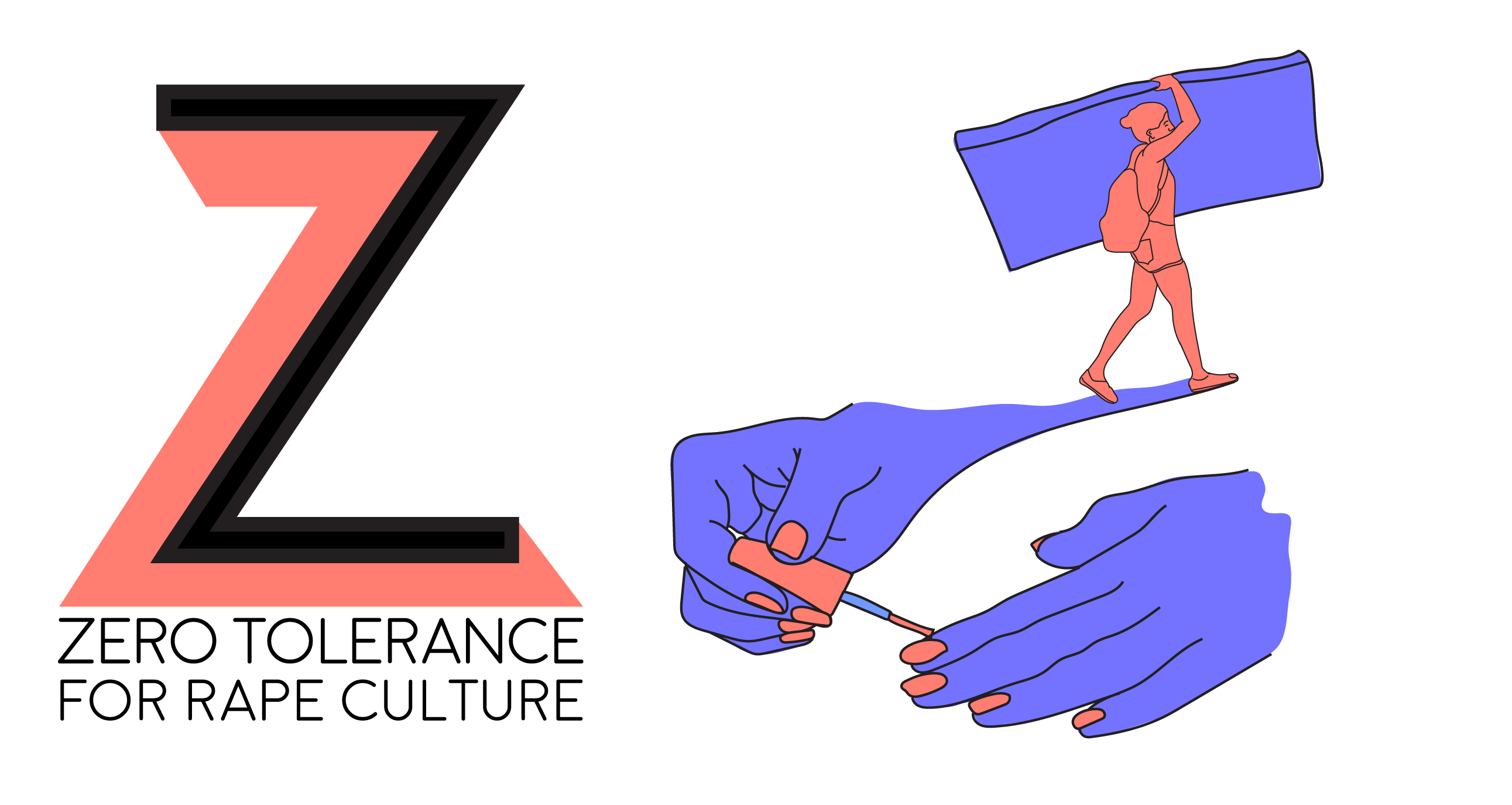S is for Sex Work
Sex work can be a tricky subject to discuss because of personal beliefs and ideologies. But by advocating for stricter laws against sex work, one is choosing to ignore the health and safety risks sex workers face.
Sex work itself encompasses so many areas of expertise, including but not limited to, street prostitution, performing in adult films or webcams, exotic dancing, brothel work, escort services, and phone sex operating. While many of these industries are being combated against legally here in the US, there are surprisingly few laws set in place to improve the lives of those involved in these fields. Instead many laws are actively doing the opposite through making it dangerous for sex workers to seek medical help and legal representation.
Within feminist movements, there has been debate for years over the morality of sex work, with two major opposing viewpoints. The first is that sex work degrades women and thereby supports patriarchal standards, an opinion expressed in works such as Kathleen Barry’s Female Sexual Slavery. The other is that sex work gives agency to women over their own bodies, and that denying women this freedom plays into the systematic, patriarchal oppression of women. Tracy Quan’s Diary of a Manhattan Call Girl and Carol Leigh’s works and activism take this perspective.
This debate can be extremely convoluted and often does not include the perspectives of LGBTQ people, people of color, men involved in sex work as well as the different socioeconomic class between sex workers. While many people choose to engage in sex work because they find it empowering, many others feel forced into it through coercion or financial need. The point of this article is not to legitimize one perspective while forgetting about the other, but to ask that perhaps, instead of focusing on the morality of sex work, we can focus on the reality of sex workers and the issues they face.
In an article for the Human Rights Watch about decriminalization of certain laws against prostitution in Canada, Graeme Reid states that “the lawyers were arguing not for abstract principles but demonstrating how laws and legal policing can put sex workers at risk and cost lives.”
Outside of a few laws, such as the Measure B law passed in LA County in 2012 that forces adult film performers to wear condoms in all vaginal and anal sex scenes, many laws in the US now do not have the protection of the sex workers in mind. Many laws, instead, punish sex workers who pursue medical attention or legal representation.
In an article for The Washington Post, a retired call girl, Maggie McNeill, debunks many of the false statistics that are frequently cited when pushing for stricter laws against sex work. Rather than helping to end sex trafficking, McNeill states that “when all sex work is illegal, consensual, of-age sex workers are far more reluctant to report coercion, abusive pimps, and underage prostitutes for fear of being arrested themselves. This makes actual sex trafficking more difficult to discover.”
Audacia Ray, a former sex worker and activist for anti-violence, public health, and media stigmatization against sex workers, outlined in a blog post seven ways to actively improve the lives of sex workers, including public education, decriminalization, legal and media advocacy, and general support . Regardless of which side of the debate you take, everyone is entitled to a safe and healthy work environment.
As Graeme Reid put it, “it’s a right of citizenship to not have your own government pass laws that threaten your security.”





